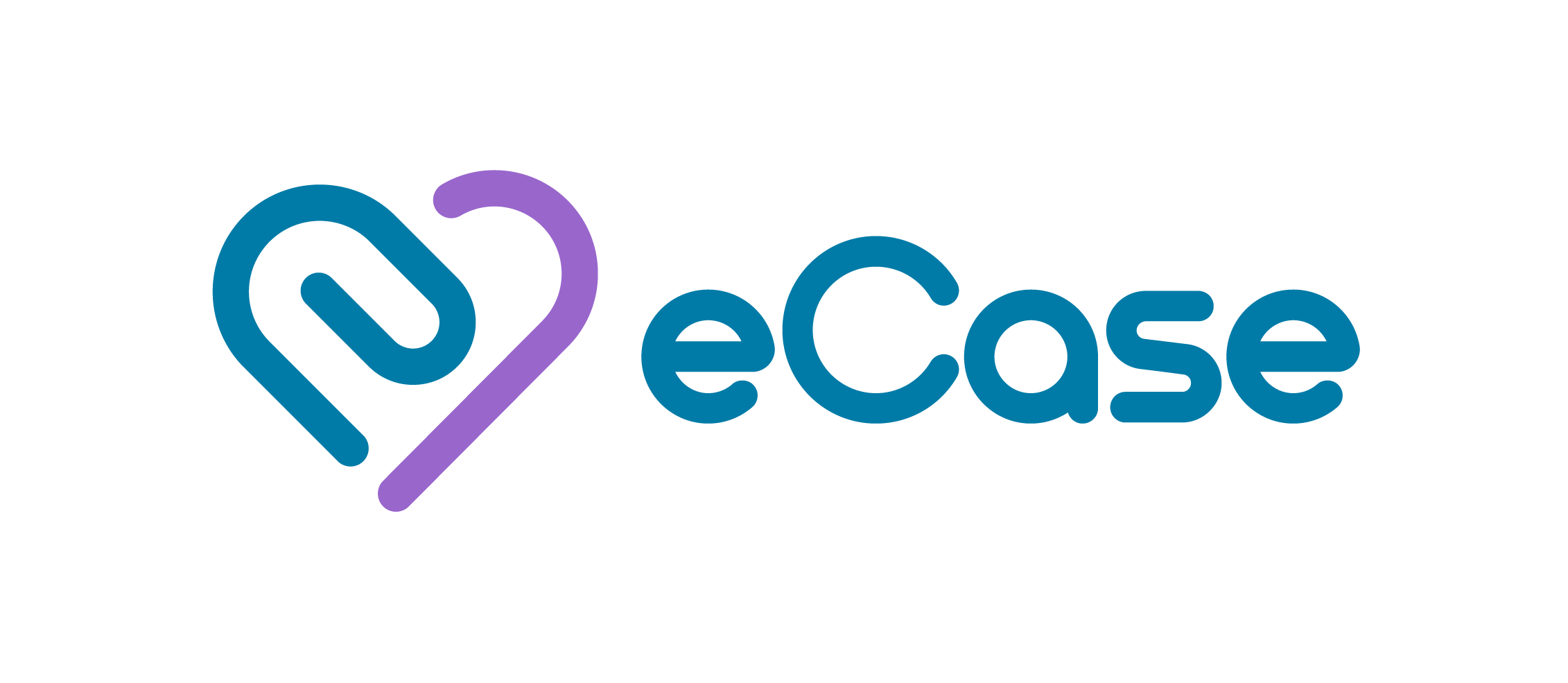
New Appointment – Chief Technology Officer
29 June 2022
Are you ready for 200 care minutes per resident, per day?
Published by Health Metrics, January 25, 2022
Whilst the impending mandate for an average of 200 minutes of care per resident, per day does not come into effect til October 2023, the sector is hard at work preparing to meet this important recommendation of the Royal Commission.
From July 2022, providers will be required to provide a monthly care statement to residents (and their family members), outlining the care they have received, and any significant changes or events during the month. Reporting on care staffing minutes will be on a quarterly basis.
How does the sector currently perform when it comes to average care minutes?
Aged care accounting consultancy, StewartBrown surveyed 50% of all aged care homes in Australia and found the current average care time standard is 175.8 minutes.
16% were delivering more than 200 minutes of care per resident per day, infact the average time of this group is 206 minutes84% were delivering less that 200 minutes with an average of 168 minutes
Of the requirement for registered nurses to spend 40 minutes per resident per day on care, 11% were exceeding that target but 89% were not.
So, what makes up the 200 minutes?
salaried hours of registered nurses, enrolled nurses, and personal care assistants
it does not include allied health, lifestyle or pastoral care
The 200 minutes of care is not a measurement of the types of activities, that a registered nurse may be undertaking throughout the course of the day. The Department of Health will collect roster data for salary hours and will be able to conduct cross checks to make sure providers are submitting accurate data.
Staffing & Rostering
It's critical for providers to meet the staffing requirements required to deliver the new mandatory average. Some providers will be looking to hire new employees to meet the 200 minute average for their residents, while others need to look at utilising the current workforce more effectively through smarter rostering.
Workforce rostering and reporting can become complex very quickly without a modern software solution. eCase provides sophisticated workforce management with an acuity-based roster for residential aged care.
Digital is key to achieving care time standards
Providers need to assess the suitability of how they currently collect and report on their staff hours and whether it is fit for purpose. For example, a digital care management system that empowers workers to deliver quality services while minimising administrative burden is key to achieving care time standards.
A digitally empowered workforce will complete their day-to-day care via eCase and on doing so the essential data points will be captured which makes it easy to report on staff hours, care delivery and much more.
Reporting
eCase enables superior data capture, in real-time, at the point of care and the system can let you know how your facility is tracking in terms of compliance and adherence to the quality standards.
Capturing staffing data via a digital care management system, ultimately for producing the reporting data required by the government, is an important part of achieving the mandate.
In addition to this, eCase is a digital platform that integrates with My Health Record enabling the direct reporting required by government.
Will there be government funding to help business meet the 200 minutes of Care?
Mark Richardson, assistant secretary, Residential Aged Care Funding and Reform in the Home and Residential Provision of Ageing and Aged Care Group at the Department of Health, said the government has allocated $3.9 billion to achieve the 200 care minutes. The additional funding will be available from October 2022, allowing for a “one year transition period,” he said.
This will be delivered through an increase in base funding under the new Australian National Aged Care Classification (AN-ACC) funding model, which will commence from 1 October 2022.
